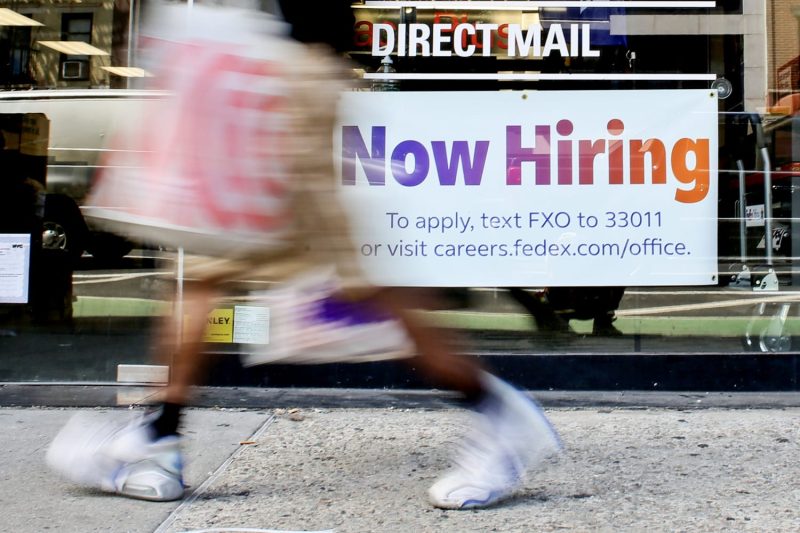The article linked discusses the significant discrepancy in job data reported by the US government, adding to concerns about the slowing economy. Upon analysis, it is evident that this revelation can have far-reaching implications and further exacerbate existing worries about economic trends.
Firstly, the revision of job data by such a substantial figure of 818,000 jobs is alarming. Inaccurate or delayed reporting of job numbers can disrupt market predictions, policy-making, and investment decisions. Timely and precise data is crucial for businesses, investors, and policymakers to make informed choices.
Moreover, the discrepancies in job data can also have psychological effects on the general public. Unemployment rates and job creation are not just economic statistics; they also carry social implications. People’s confidence in the economy and government can be eroded if there is a perception of unreliable or manipulated data.
The implications of incorrect job data extend beyond just figures on a spreadsheet. They have real-world consequences for individuals and families. Inaccurate job reports could lead to misplaced optimism or unwarranted pessimism, affecting consumer spending, saving habits, and overall economic stability.
Furthermore, the revised job numbers may influence government policies and intervention strategies. If the true employment situation is significantly different from what was initially reported, policymakers may need to adjust their approaches to address labor market challenges effectively.
In conclusion, the revelation of 818,000 fewer jobs than previously reported underscores the critical importance of accurate and timely economic data. Such discrepancies can sow seeds of doubt, confusion, and uncertainty in a fragile economy. Moving forward, transparency, consistency, and reliability in job reporting are paramount to fostering trust and stability in economic systems.
